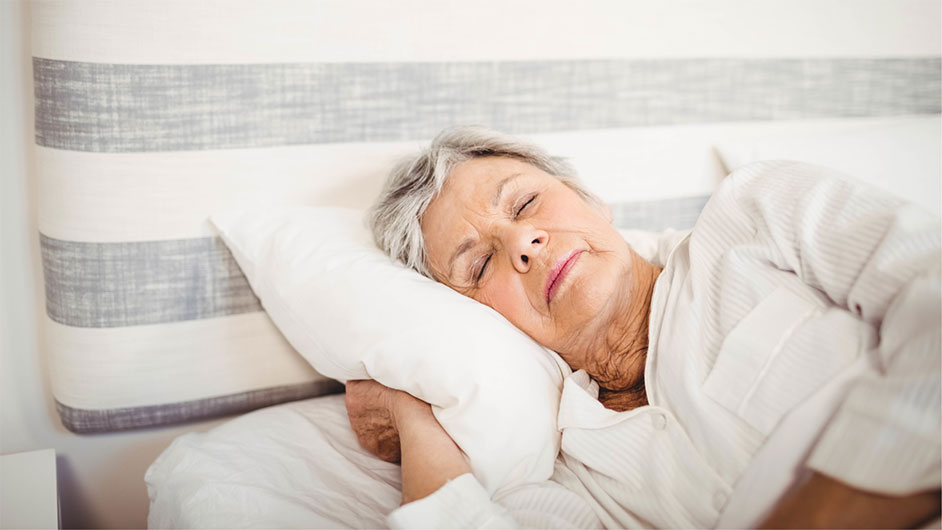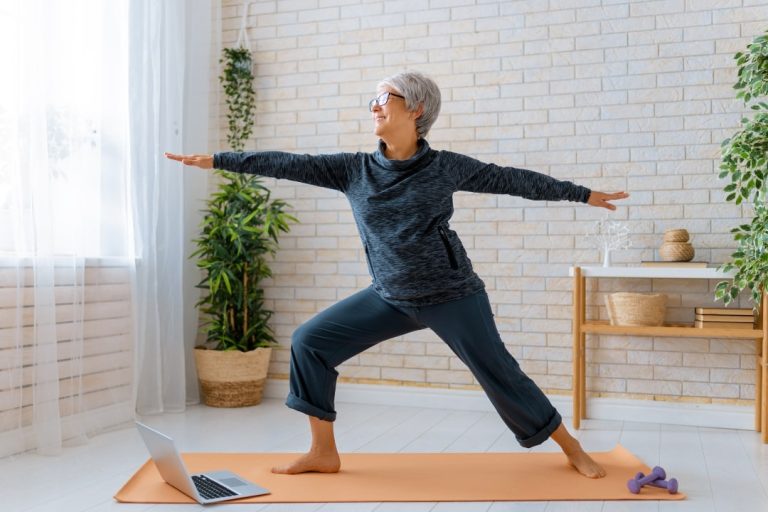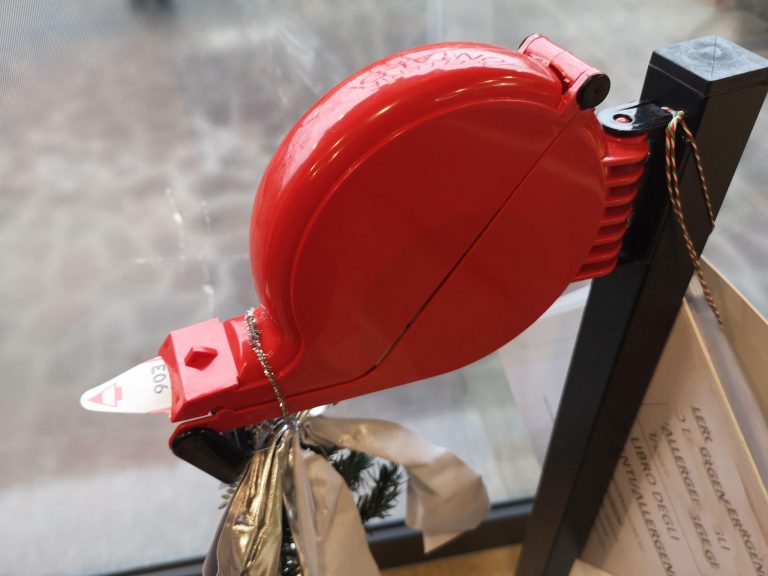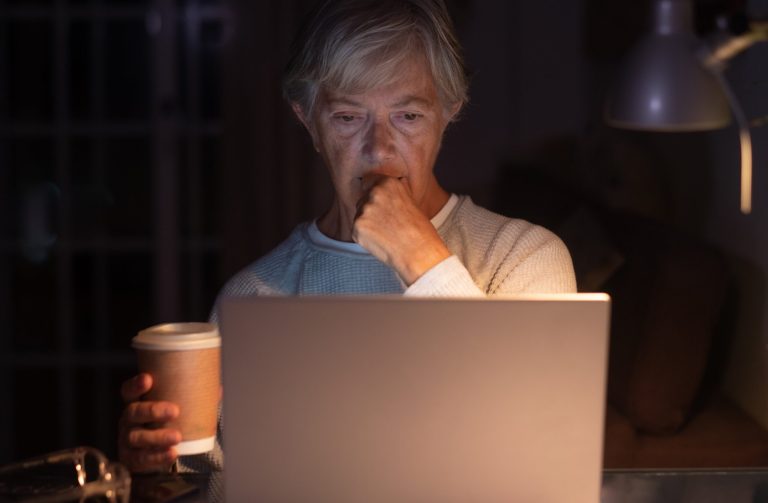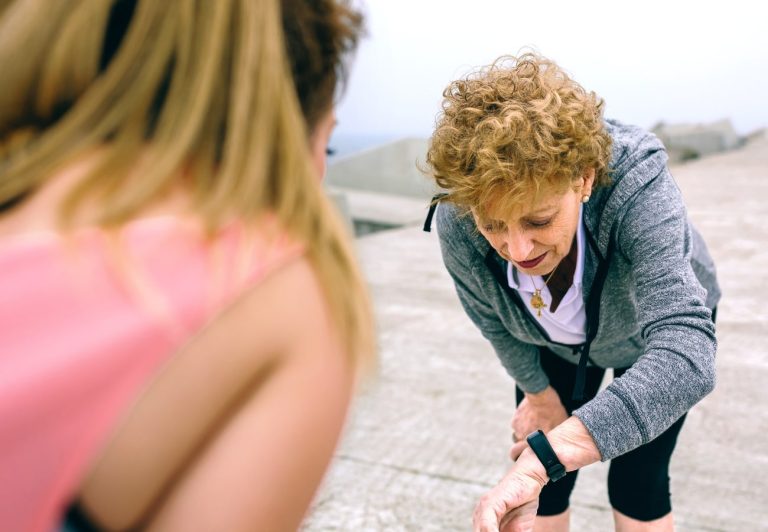Tips for Night for Better Sleep as well Health
Good sleep hygiene is essential for overall health and well-being, especially for seniors. As we age, our sleep patterns change, and it becomes even more important to establish healthy sleep habits. Here’s a guide to help seniors achieve restful and rejuvenating sleep.
Why Is Sleep Hygiene Important?
Consistent Sleep Schedule
- Wake up and go to bed at the same time every day, even on weekends.
- Aim for 7-8 hours of sleep per night.
Create a Bedtime Routine
- Establish a relaxing pre-sleep routine, such as reading or taking a warm bath.
- Avoid screens at least an hour before bed to reduce blue light exposure.
Optimize Your Sleep Environment
- Ensure your bedroom is cool, quiet, and dark.
- Invest in a comfortable mattress and pillows.
- Consider using earplugs or a white noise machine if you live in a noisy area.
Limit Daytime Naps
- If you need to nap, keep it short (20-30 minutes) and avoid napping late in the afternoon.
Watch Your Diet and Exercise
- Avoid large meals, caffeine, and alcohol close to bedtime.
- Engage in regular physical activity, but not too close to bedtime.
Manage Stress and Relax
- Practice relaxation techniques such as deep breathing, meditation, or gentle yoga.
- Keep a journal to write down worries or to-do lists before bed, to clear your mind.

Adjustments and Professional Help
Sleep needs can vary, so it’s important to adjust these tips to fit your individual preferences and lifestyle. If sleep problems persist, consult with a healthcare provider to rule out conditions like sleep apnea or insomnia.
By following these sleep hygiene practices, seniors can enjoy better sleep, improved health, and a higher quality of life.
For more information on sleep hygiene, visit the Sleep Foundation
Peaceful sleep requires peace of mind.
Most people struggle to sleep because of constant worries and health issues. Our cutting edge safety devices provide you with a strong reassurance that you are protected 24/7.

1 866 416 0838
- 24/7 Alert Monitoring
- Built In Fall Detection
- GPS Locator Technology
- Two-way Voice Communication

